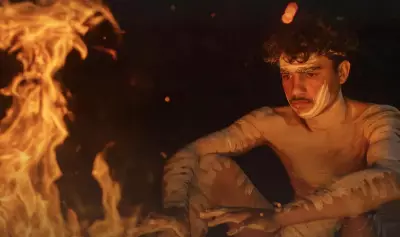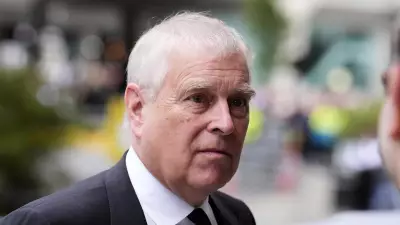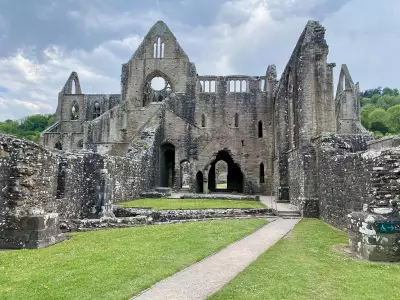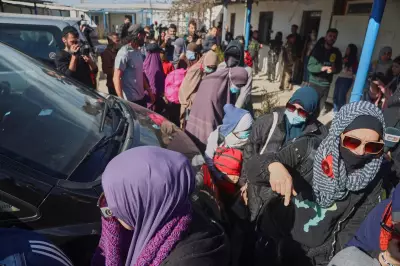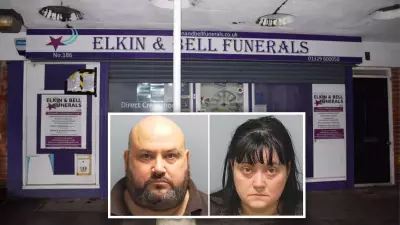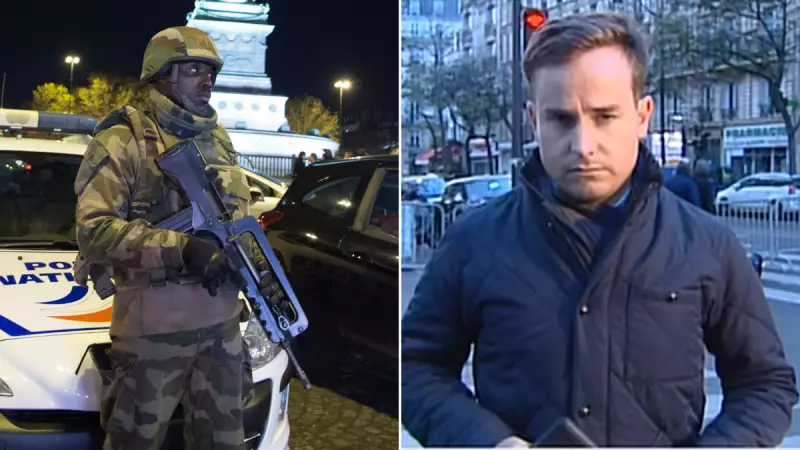
It began as a rare weekend away from work, a dinner in Saint Germain that was suddenly interrupted by the wail of sirens. For one foreign correspondent, what unfolded next would become one of the most brutal stories they would ever cover.
The Night That Shook Paris
On Friday, November 13, 2015, Paris experienced its darkest day since the Second World War. Nine Islamic State gunmen and suicide bombers launched a coordinated massacre across the French capital that would leave 130 people dead and hundreds more injured.
The terror began with a suicide bomber detonating explosives outside the Stade de France during a football match between France and Germany. The attackers then struck bars, bistros and cafes in the 10th arrondissement before launching their bloodiest assault at the Bataclan Theatre.
Inside the concert venue, where American rock band Eagles of Death Metal were performing, gunmen opened fire on the crowd. Ninety people lost their lives during the ensuing shootout with police in what became the deadliest single attack on French soil in 70 years.
A Nation Remembers
France paused on Friday to mark the solemn tenth anniversary of the attacks. The Eiffel Tower was illuminated in the colours of the French flag as the nation remembered those lost.
French President Emmanuel Macron joined officials and members of the public in ceremonies paying tribute to the victims. Wreaths were laid outside the locations where terrorists struck in attacks that traumatised the nation and prompted an outpouring of global support.
The only known surviving member of the terrorist group, Salah Abdel Salam, is now serving a life sentence for his crimes. The manhunt for perpetrators lasted for days, culminating in a dramatic police shootout in Saint Denis, with the final arrest occurring months later in Belgium.
The Lasting Impact
Even a decade later, survivors and loved ones of victims describe the horror of the Bataclan attack as a void that never closes. Family members say they still feel the weight of that pain every morning and every evening.
The November 13 attacks represented a new scale of terror in Europe. Coming less than a year after the Charlie Hebdo shootings, they struck at the heart of everyday life - targeting a rock concert, bars and restaurants, and a football stadium.
As one correspondent who covered more than 20 terror attacks across Europe reflected, these events achieved exactly what the perpetrators intended - they struck fear into ordinary people, leaving behind trauma that continues to resonate years later.

